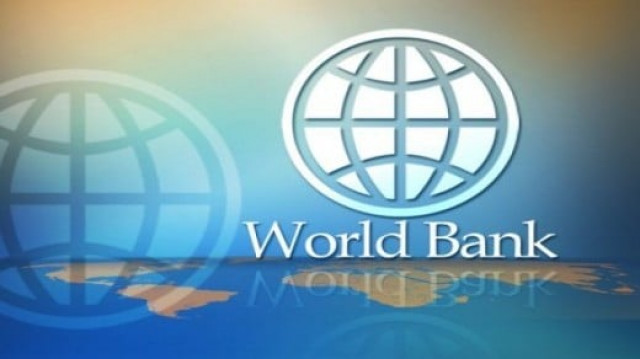Attracting investment: WB may fund Punjab infrastructure projects
"Performance of the Punjab Government can serve as role model for other provinces," says World Bank Country Director.

World Bank Country Director Rachid Benmassoud expressed satisfaction over the performance of the Punjab Government that can serve as a role model for other provinces and also signalled that the bank can provide funds for development projects in Punjab.
He said this while addressing a meeting on development schemes worth $991.25 million at the Planning and Development Department Punjab, says a press release.
In the meeting, officials of a World Bank mission and the provincial government reviewed the progress of the projects. These included the Punjab Municipal Services Improvement Project costing $50 million, Jinnah Barrage and other barrages costing $145.60 million, Land Record Management and Information System Project worth $45.65 million, Punjab Irrigated Agriculture Productivity Improvement Programme worth $250 million and others.
Published in The Express Tribune, October 23rd, 2012.



















COMMENTS
Comments are moderated and generally will be posted if they are on-topic and not abusive.
For more information, please see our Comments FAQ